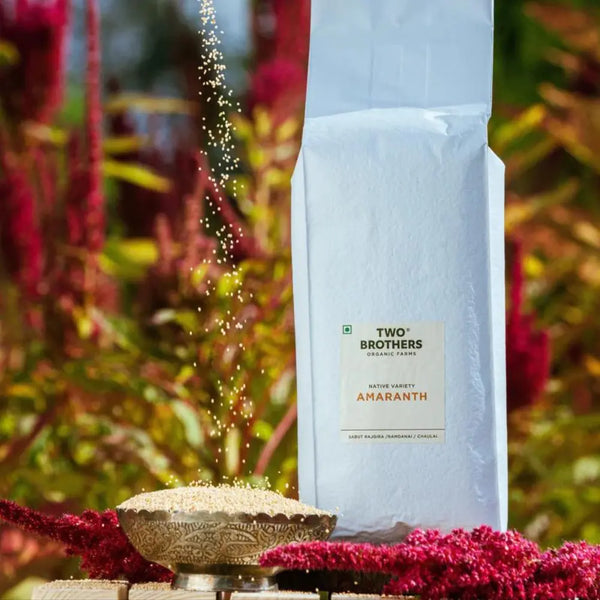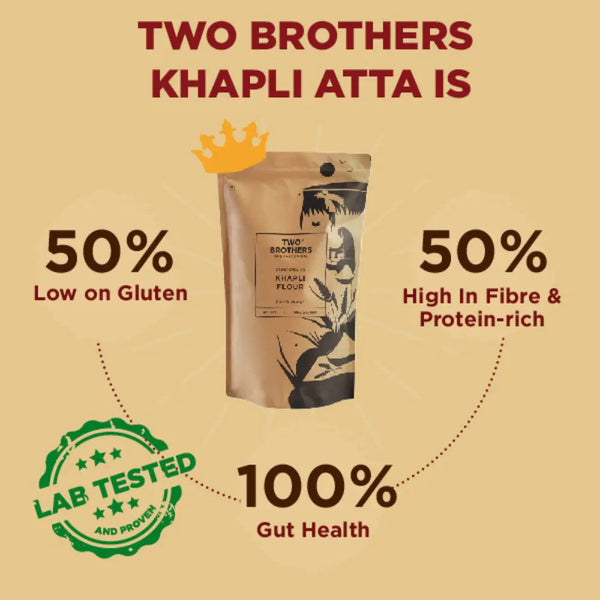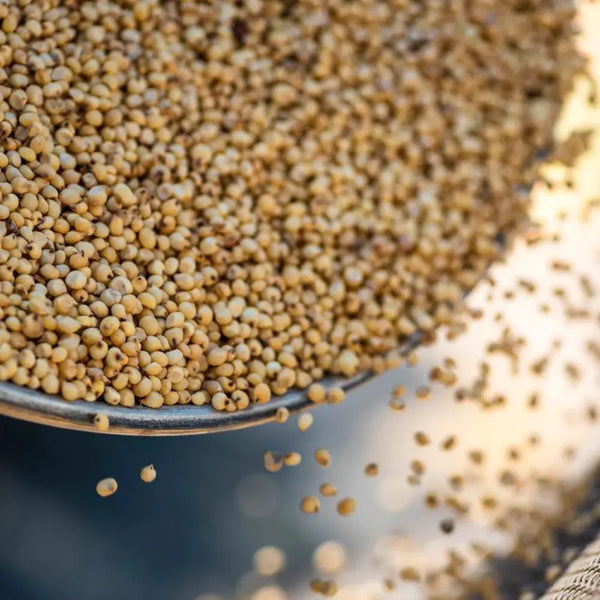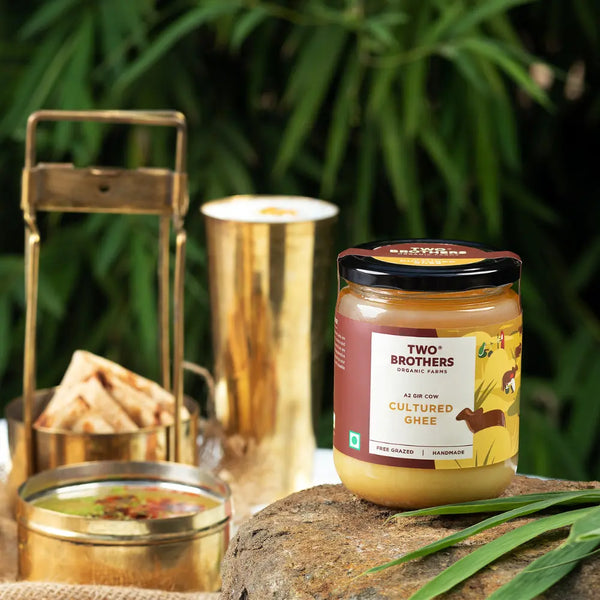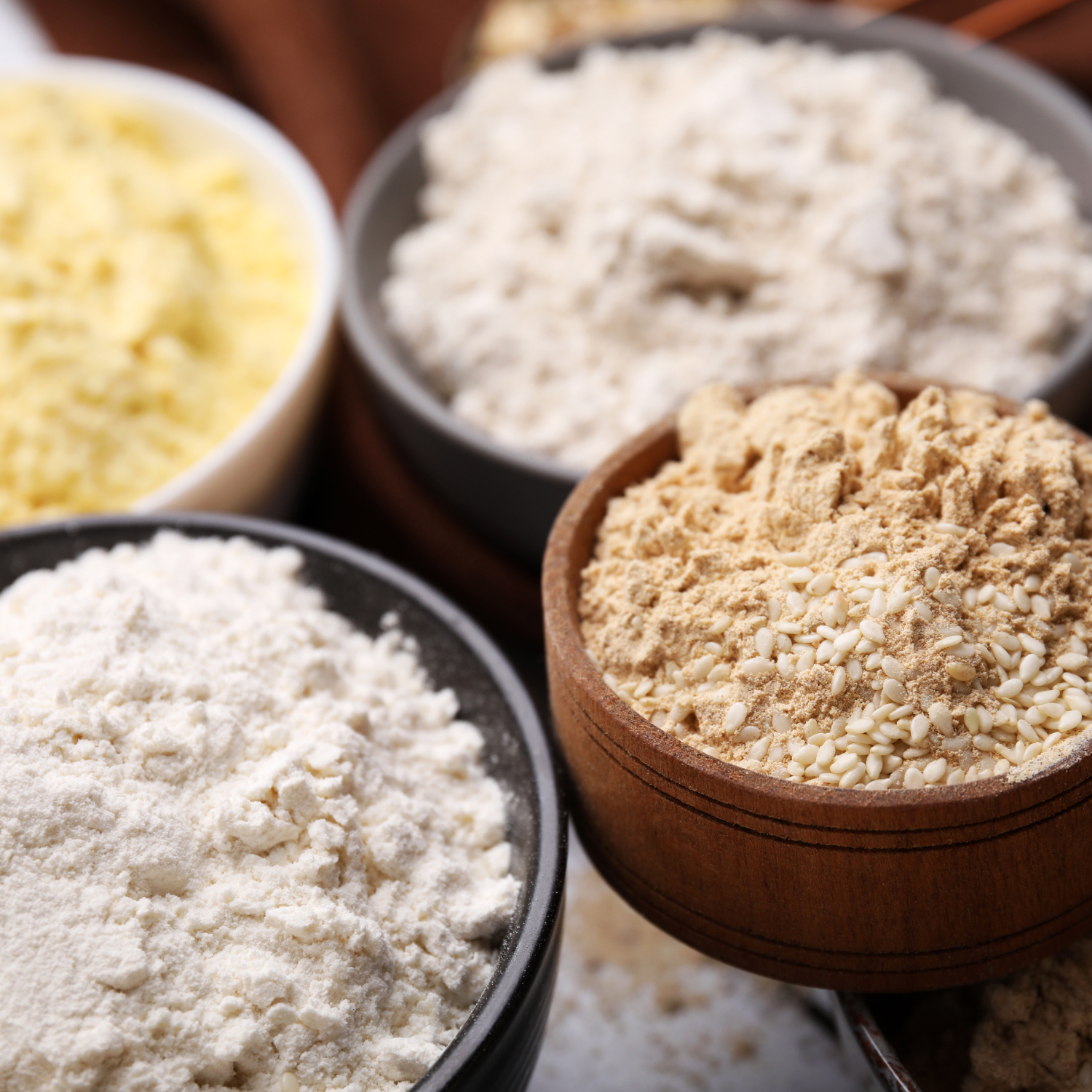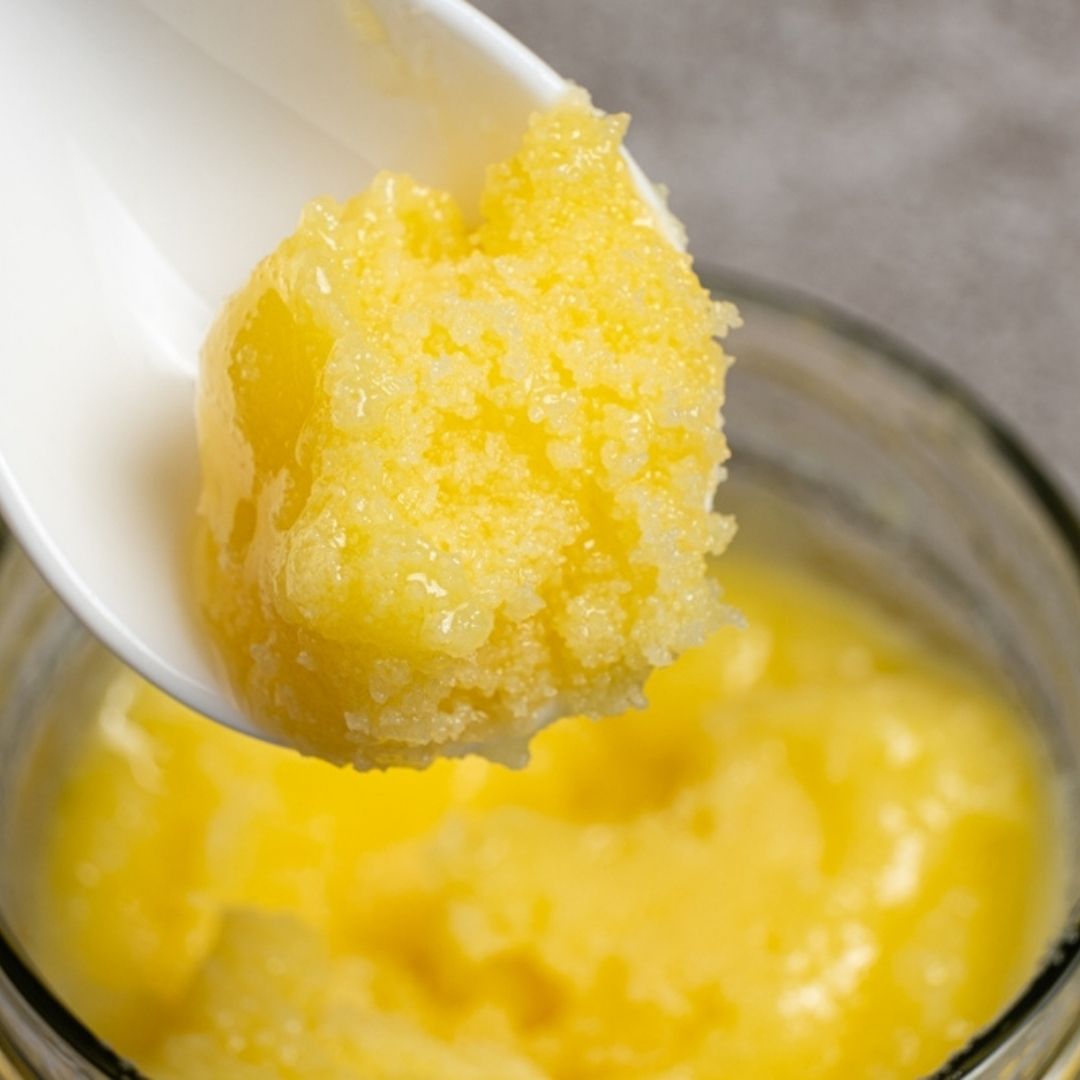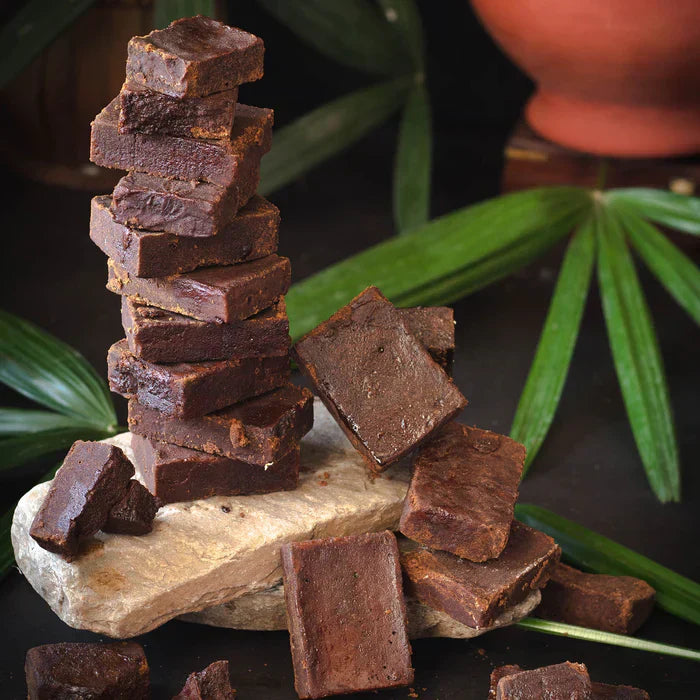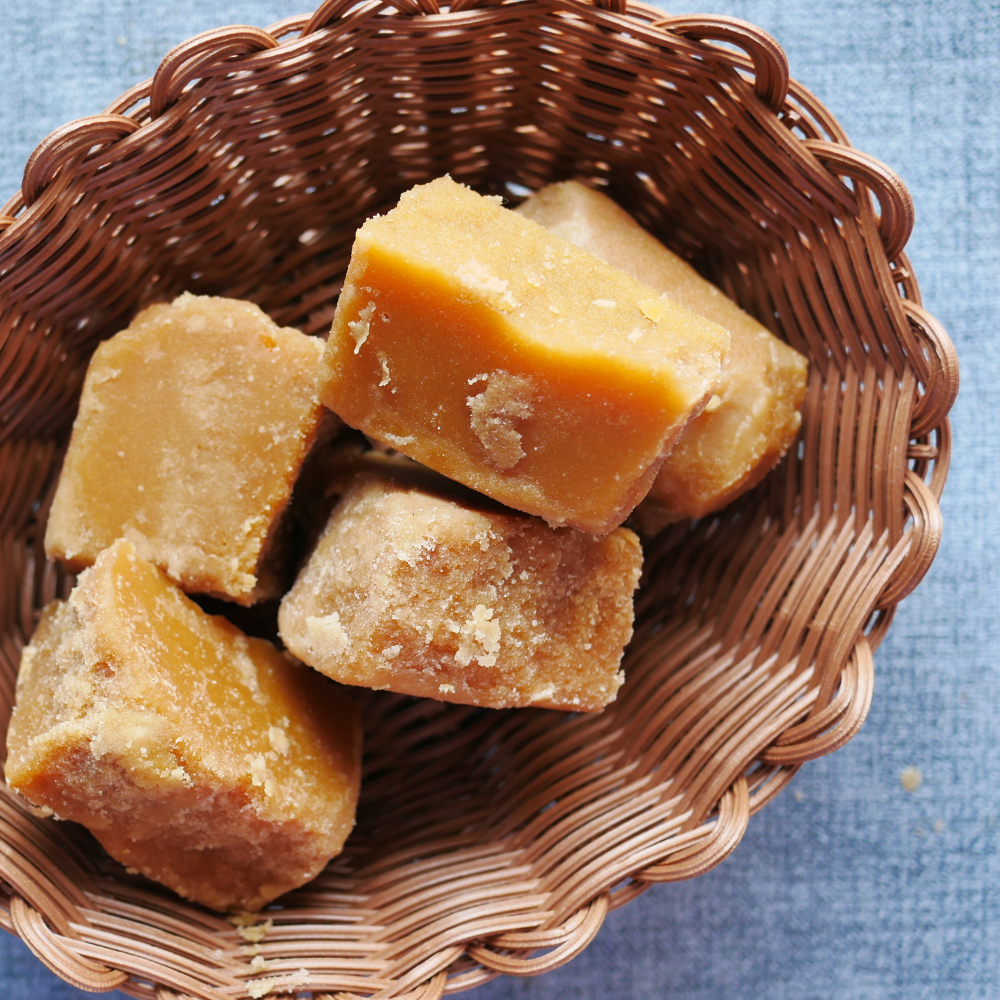Creating a healthy diet is of great importance where essential nutrients, including protein, iron, and carbohydrates, assume leading roles. For example, protein is one of the key elements in cell rebuilding that we must consume. Yet, few people cannot digest certain types of protein well.
Among these proteins is gluten, which can be found in wheat, rye, barley, and similar grains. It can have negative effects on the digestive system. For example, it is harmful to individuals with autoimmune disorders such as Celiac disease.
In India Celiac diseases often go unreported, despite recent studies revealing it affects almost 0.8% to 1.5% of the population. Whether officially, diagnosed or not, a significant number of individuals might have gluten-related issues.
So, what can you do?
The answer lies in a gluten-free diet. But what exactly does this mean? A gluten-free diet consists of foods that have minimal to zero gluten quantity in them. Indian diets are generally protein-rich. However, this does not mean that you cannot eat anything. There are still plenty of options for your gluten sensitivity.
Are you ready to explore further?
|
Table of Contents
|
What to Include in a Gluten Free Diet?
If you have Celiac disease and other gluten-sensitivity disorders, a gluten-free diet is crucial. These foods do not trigger your gluten allergy and also ensure that your diet has all the essential nutrients and food groups! So, we have made a gluten-free diet plan for beginners.
Note: These are recommendations. Please consult a dietician before including any of these in your diet.
1. Grains and Flours
You might think that wheat and flour have high gluten content. Yes, they do. However, there are alternatives with minimal to no gluten content. Add these to your gluten-free diet today!
a. Amaranth
Did you know? : This nutritious ancient grain came to India via the trade routes of the Aztec civilizations.
Indian farmers grow this grain using sustainable methods hence they are budget-friendly. It is a simple way to cut gluten from your diet.
Add this high in protein, calcium, iron, and magnesium grain to your diet. You can get all your essential nutrients from one meal.
Also rich in fibre, Amaranath can potentially reduce the risk of heart disease. Since it is naturally gluten-free, it is perfect for your gluten sensitivity.
Amaranth promotes your heart health, aids digestion, boosts immunity, and supports bone strength.
You can cook Amaranth seeds like rice or quinoa and use them in dishes like porridge, and salads, or as a gluten-free alternative to grains in baking.
Next, let’s see one of the most popular wheat options.
b. Khapli (Emmer) flour
If you are looking for a wheat option that has lower gluten than other varieties, Khapli or Emmer wheat is the best. Choose this product for your gluten sensitivity and even cardiovascular health issues.
Did you know? This ancient variety has 50%* lower gluten and 50%* higher fibre!
(Compare based on our NABL Accredited Lab report. Consult medical professionals for advice.)
Reduced gluten intake may contribute to your improved heart health and cholesterol levels.
Since it is not genetically modified, this atta variety has all the essential nutrients. It carries the goodness of multiple vitamins and minerals that support overall bodily functions.
Along with other nutrients you also need a good dose of amino acids in your gluten-free diet. With this variety, you can ensure that your body gets all the essential amino acids that it cannot make. Nourish and strengthen your muscles, bones, tendons, ligaments, and other connective tissues with it!
While Khapli is a good option, if you are looking for an all-in-one option, try the next one.
c. Jowar (Sorghum)
One of the gluten-free grain types that contain phytochemicals, including polyphenols and tannins is Jowar. Both compounds have antioxidant properties, that help with the elimination of free radicals or cell damage.
They act as antioxidants, reducing oxidative stress and related diseases.
Jowar atta has a high amount of fibre, which is beneficial for your digestive system.
In addition, this fiber allows slow absorption of sugar from food, which helps in maintaining normal blood sugar levels.
Not only these, but you should also examine a few other essential edibles like legumes and pulses.
2. Legumes and Pulses
Explore a healthy variety of options from the Two Brothers Organic Farms Legumes Collection for your gluten-free diet, each offering plenty of health benefits.
Let’s see those in detail.
a. Lentils
You can use lentils in various recipes. They rank among the most widely consumed legumes.
Did you know that lentils are an exceptional plant protein and fibre source? Not only that, lentils are also rich in folate, iron, and potassium.
You can use them in dishes such as soups, stews, salads, and curries.
Now, let's explore other alternatives you might consider adding to your daily menu.
b. Chickpeas
Another great gluten-free ingredient that you can use in your diet the chickpea or garbanzo beans.
Try to include these in your daily diet. They contain protein, fibre, vitamins, and minerals such as folate, iron, and magnesium which are highly essential for health.
Cook them, add to salads; or even roast them- there are quite a few ways to eat chickpeas. If you want a crunchy snack, mash them for a delicious and nutritious dip!
c. Black Beans
Black beans are also one of the popular beans for Indian dishes.
They are rich in protein, fibre, and antioxidants, making them a perfect addition to a gluten-free diet.
You can use them in salads, cook them into dals or curries, or use ground bean flour to make gluten-free flatbreads and pancakes.
If you want to make your diet diverse and delicious, you can try a legume mix.
Next, we will see other food options like dry fruits and seeds that can be a game-changer for your diet.
3. Nuts and Seeds
Try including dry fruits in your “gluten-free” diet weight loss routine. Nuts and seeds play a crucial role in this diet as they offer several nutrients. Let’s see a few options:
Cashews are comparable to the Swiss army knife among snacks – versatile, creamy, and utterly delicious! Use them in sauces or desserts, or just have them for protein and fibre.
Flax seeds are highly nutritious. Their rich omega-3 fatty acids and fibre content make them perfect for healthy smoothies and oatmeal.
Sunflower seeds are like nature's multivitamin – loaded with vitamin E and magnesium. Toss them on salads or mix them up with your favorite dried fruits for a snack on the go.
Lastly, although small, mustard seeds, pack a punch of flavour. Use them in dressings, pickles, and spice blends to enhance dishes with a distinctive tangy taste.
These nuts and seeds contribute to the nutritional value of a gluten-free diet. In addition to these, your diet also needs fat. So, let’s see some healthy alternatives.
4. Healthy Fats
For a gluten-free diet, fats contribute to satiety. People can feel fuller for longer periods. There are several benefits to this:
It aids in weight management.
Such fats ease the process of absorbing vital vitamins such as A, D, E, and K.
Vitamin D is extremely necessary as it helps to absorb calcium. While this vitamin makes your bones stronger, you also need vitamins for combating fatigue. That is where Vitamin E comes in- a potent antioxidant that fights free radicals.
Vitamin A helps with vision, immunity, and cell division.
Lastly, Vitamin K is the one that helps in blood clotting and healing of wounds.
A popular fat source is Ghee.
Also known as clarified butter, it is inherently gluten-free making it a safe and flavorful choice. It adds a rich and aromatic flavour to any dish.
The process of making ghee involves getting rid of milk solids that have gluten therefore retaining only pure butterfat.
A high-quality A2 cow ghee can be one great option for people on a gluten-free diet.
This ghee is sourced from Desi Gir cows that are fed on grass exclusively which produce only type A2 beta casein protein.
As a result, it offers a pure form of clarified butter, rich in flavour and nutrients, without the risk of gluten cross-contamination.
To complete your holistic diet plan, let's now explore two other essential food groups
5. Vegetables and Fruits
All fresh vegetables and fruits are naturally gluten-free.
Your diet is incomplete without leafy greens like spinach and kale.
Eat carrots, bell peppers, and broccoli. They have the necessary vitamins, minerals, and fibre, and they’re gluten-free.
Eat berries, apples, oranges, and bananas. They are high in essential nutrients.
WARNING NOTE: If you or your friends or family have gluten sensitivity, make sure to cook in separate utensils. Also, serve food in separate utensils. This avoids the risk of cross-contamination.
FAQs: A Beginner’s Guide to Gluten Free Diet
Can cross-contamination with gluten-rich foods trigger my allergy?
Yes, cross-contamination with gluten-containing foods, even in small amounts, can trigger allergic reactions or symptoms.
Can children follow a gluten-free diet?
Yes, children with celiac disease or gluten sensitivity can follow a gluten-free diet with proper supervision and guidance from healthcare professionals and dietitians to ensure they receive adequate nutrients for growth and development.
What are symptoms of Celiac disease?
Bloating, chronic diarrhoea or constipation, gas, lactose intolerance, nausea or vomiting, etc, are common symptoms. It's crucial to consult a healthcare professional if experiencing any of these symptoms
Conclusion
Embracing a gluten-free diet offers relief and improved health for individuals with gluten sensitivity, particularly those with conditions like Celiac disease. You get a diverse range of alternatives from grains to fats from Two Brothers Organic Farms. With farm-fresh ingredients cultivated with the help of ancient methods, you can enjoy a fulfilling and nutritious dietary lifestyle, ensuring overall well-being.


